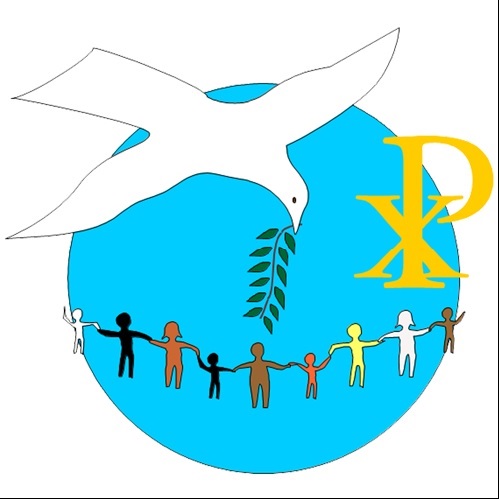Philippines: Rays of hope amid the darkness
Loreta Castro, director of the Center for Peace Education at Miriam College, in Quezon City, Philippines, writes about the current political challenges in the Philippines.
The following article is written by Loreta Castro for the January-February 2019 issue of NewsNotes. Castro is the program director of the Center for Peace Education at Miriam College, in Quezon City, Philippines, and a member of the steering committee of the Catholic Nonviolent Initiative, a project of Pax Christi International. Castro promotes peace education and nonviolent conflict resolution both nationally and internationally. At present, she actively supports the work of fellow peace advocates who are upholding the sacredness of human life and human dignity amid challenges stemming from Philippine President Rodrigo Duterte’s ‘war against drugs’ that has resulted in many killings and fueled his legislative priority to reintroduce the death penalty. Along with her colleagues and young people within and outside of the Center for Peace Education at Miriam College, Castro has co-organized interfaith forums and prayer services and has joined public actions, to speak out against the killings and promote nonviolent conflict resolution.
The challenges in the Philippines under the current administration are many. They are like looming dark clouds, and yet there are a few bright rays on the horizon, sustaining us with a sense of hope.
The government’s brutal ‘war against prohibited drugs’ has caused the death of thousands of suspected users and pushers since 2016, mostly from the poor sector. The deaths are extra-judicial killings, done with impunity and with no regard for human life or for human dignity.
The Catholic Bishops’ Conference of the Philippines has said, through their statements since 2016, that although they know that drug trafficking has to be stopped, they “are deeply concerned due to many deaths and killings in the campaign against prohibited drugs… (that) the solution does not lie in the killing of suspected drug users and pushers…. Those who kill them are not brought to account. An even greater cause of concern is the indifference of many to this kind of wrong. It is considered as normal and, even worse, something that (according to them) needs to be done.”
Many children have been orphaned by this campaign. Amid the weariness, some individuals and organizations are working to offer relief. Church clergy, parishioners, and youth organizations (including the Pax Christi group of Miriam College) have been reaching out to the victims’ surviving children to help materially and through other support programs. In one case, the slow wheel of justice moved faster after public outrage over the death of a 17-year-old boy in August at the hands of three police officers who falsely claimed the teenager was a drug pusher. In November, a Philippine court convicted the three officers of murder and sentenced them each to up to 40 years in prison, the first such convictions in this “war on drugs.”
Another looming dark cloud is the increasing stifling of dissenting voices. In recent months, for example, an opposing politician, a well-known journalist, and some bishops who are critical of the administration’s policies have been targeted with various kinds of challenges (including legal ones and fake news) that they say are motivated by their “speaking truth to power.” Like in some other countries, the democratic space won decades ago appears to be shrinking. Sadly, a culture of silence seems to be creeping in. But again, there is a ray of hope in the form of individuals and organizations (both within and outside the Catholic Church) steadfastly committed to nonviolent socio-political change.
Poor and corrupt governance continues to plague the country and is a root cause of injustice. The misery and poverty experienced by many Filipinos are due to this socio-political disease. Efforts to raise awareness of this phenomenon and its seeming social acceptance continue, with the hope that the electorate will connect the dots and grow wiser in their choice of political leaders. Congressional and local elections are scheduled to be held in May and although the struggle for good governance is a difficult and long winding road, we have no choice but to travel it with tenacity and a sense of mission so that our hard-earned democratic institutions will not go to waste.
Image: Center for Peace Education logo.

